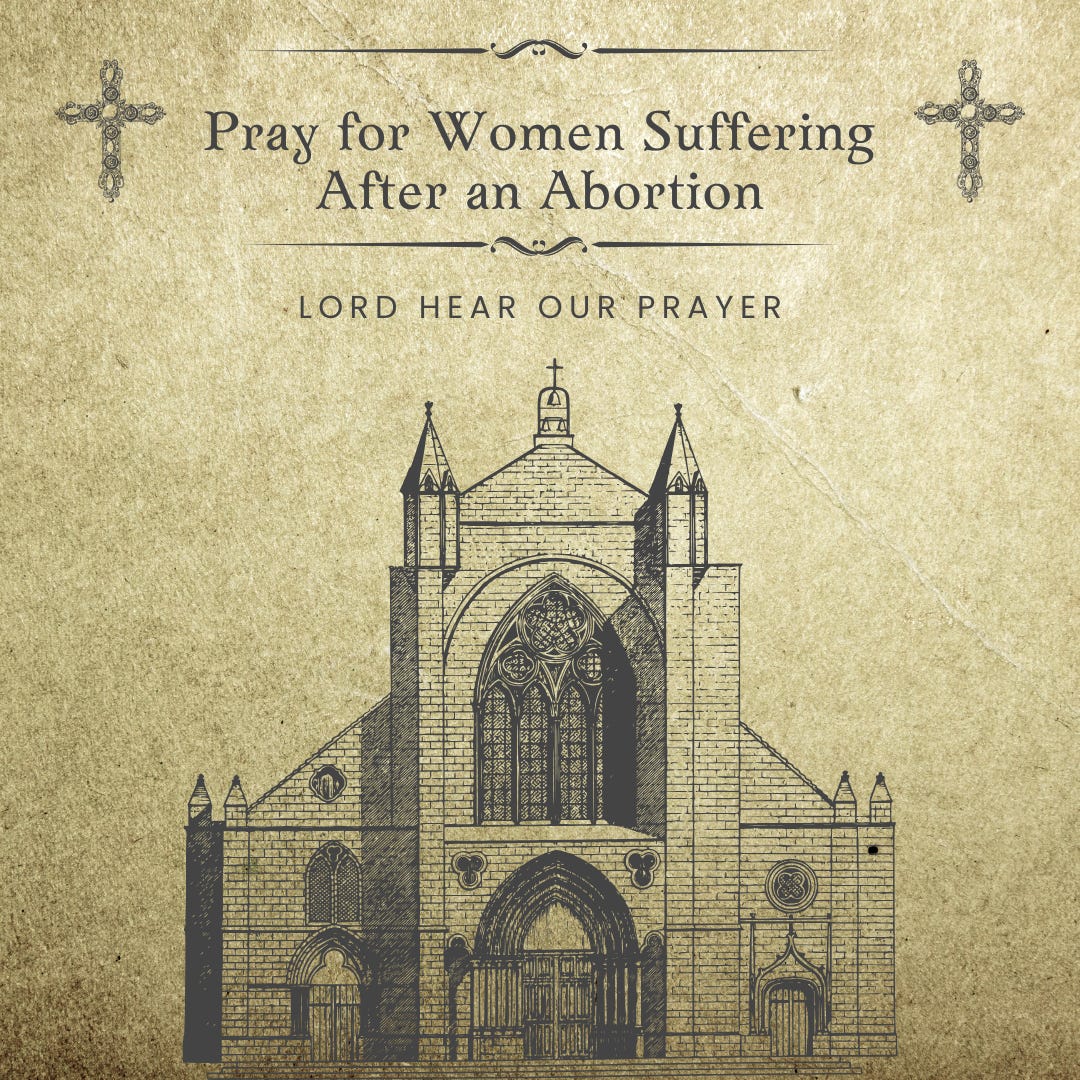Especially in an election year, the word ‘abortion’ brings about some heated debates in our society. Less noted in the media are the pockets of sympathetic friends, some pro-life and some pro-choice, who attempt to be supportive of women before, during and after a crisis pregnancy.
The Alan Guttmacher Institute estimates that 1,037,000 abortions were done in 2023, an increase of 11% from 2020. Of those, about one third have had more than one abortion. The incidence of abortion has decreased substantially since 1992, when over 1.6M women had abortions. Fifteen percent of all pregnancies end in abortion (2017). One out of every four women in the US have had an abortion. The majority of women who have abortions are persons of color (Pew Research Center, 2024).
Competent research studies reveal that post-abortive women suffer from depression and commit suicide at significantly higher rates (at least 35%) than women who have never had an abortion. Reasons for such findings are not hard to imagine. At a very vulnerable moment in a woman’s life, she had to make a difficult decision with serious health and emotional consequences. It is hard not to second-guess such a choice, especially when 60% of women choosing abortion also have already had one child.
Women who have had abortions are in every church, every workplace and every income strata. Whatever our views on abortion’s legality might be, we can all commit ourselves to praying for those who might be suffering in the aftermath of an abortion. The following organizations try to help:
Project Rachel operates as a network of professional counselors and priests, all trained to provide one-on-one spiritual and psychological care for those who are suffering because of an abortion. Although most dioceses use the name Project Rachel, some programs are named differently. In addition to individualized counseling, some programs include support groups and retreats. Founded in 1984 by Victoria Thorn in Milwaukee, today Project Rachel programs can be found in 140 Catholic dioceses in the United States, as well as in dioceses in other countries.
Rachel’s Vineyard weekends for healing after abortion are offered throughout the year in locations across the United States and Canada, with additional sites in Portugal, Australia and New Zealand. We also offer a 13-week support group model for Rachel’s Vineyard. Rachel’s Vineyard is a ministry of Priests for Life.
Your Abortion Experience/Institute of Reproductive Grief Care:
Michaelene Fredenburg had an abortion at 18, and struggled to find healing afterward. Your Abortion Experience is an online refuge for those who wish to tell their story and begin the process of healing.
Lord, let us pray:
*for the physical, emotional and spiritual healing of all women who have had abortions all over the world, and for the would-be fathers as well;
*for all women to be compassionate toward their sisters who have chosen abortion;
*for young women who choose to abort a baby and do not feel regret for that decision at this time, that they would receive compassion also;
*for those providing counseling to all women, both pro-life and pro-choice, that they would be sensitive to post-abortion issues, and not engage in scare tactics or partisan politics;
*for the parents, siblings, and children of the post-abortive couple, that they might receive grace, forgiveness and mercy in abundance;
*for the men who pressure their wives or girlfriends to chose an abortion, that they might repent of sexual behavior and attitudes that treat women as playthings rather than as persons;
*for an end to governmental policies and laws that encourage abortion over and above other legitimate choices such as adoption or single motherhood,
*for doctors who dismiss the emotional and spiritual needs of their women patients, that they would discover compassion;
*for the many organizations and individuals who seek to provide healing for post-abortive women and men, that their efforts would have rich spiritual and temporal rewards; and
*for those who knowingly or unknowingly engage in talk or behavior that perpetuates the perceived need for abortion to be legal, individually or corporately, that they might be enlightened about their sins and repent.





